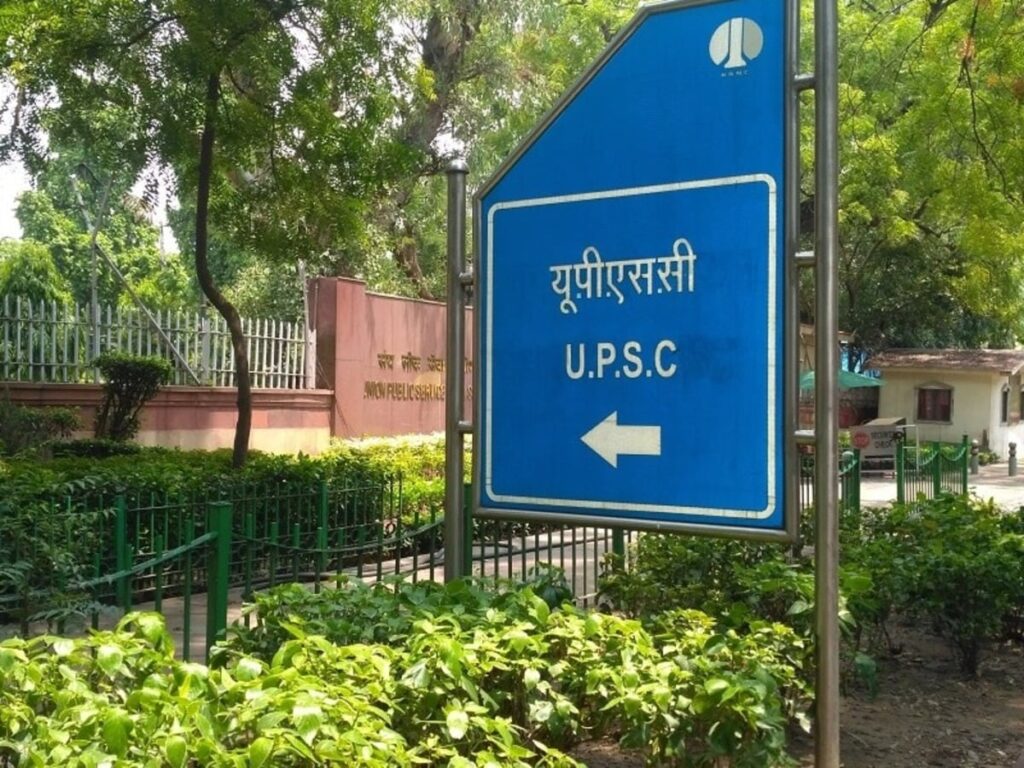The Union Public Service Commission (UPSC) has reached out to two visually impaired candidates who applied for the civil services examination a decade and a half ago. This initiative aims to gather their details for potential consideration in job appointments. The actions taken by the UPSC not only highlight the commitment towards inclusivity in public service but also bring to light the importance of catering to the needs of differently-abled individuals within the competitive examination landscape.
Background of the Civil Services Examination
The Civil Services Examination (CSE), conducted by the UPSC, is one of the most prestigious competitive exams in India. It aims to select candidates for various civil services of the Government of India. Given the significance of the services, the examination process is rigorous, requiring extensive knowledge, analytical skills, and a strong sense of responsibility.
Inclusivity in Public Services
In recent years, there has been a growing emphasis on making the civil services more inclusive. The inclusion of differently-abled candidates is a critical aspect of this initiative. The UPSC has provisions to accommodate candidates with disabilities by providing necessary assistance during the examination process. This includes the use of scribe services, extended time, and adapted examination materials.
Impact of the UPSC’s Recent Initiatives
| Initiative | Description | Impact |
|---|---|---|
| Outreach to candidates | Collecting details from two visually impaired candidates for appointment consideration. | Encourages diversity and representation in public service roles. |
| Assistance during examinations | Providing facilities such as scribes and extra time for differently-abled candidates. | Enhances accessibility and fairness in the examination process. |
Broader Implications for Employment
The outreach by the UPSC has broader implications not only for the candidates involved but for society at large. It serves as a reminder for all institutions to actively promote the hiring and inclusion of individuals from diverse backgrounds, including those with disabilities. Such steps can significantly contribute to the growth and development of a more equitable society.
The Importance of Representation
Representation of differently-abled individuals within public services is crucial. It not only helps break societal stereotypes but also allows for a more holistic approach to governance and policy-making. When individuals from diverse backgrounds serve in public roles, it leads to a more comprehensive understanding of the community’s needs.
Conclusion
The UPSC’s initiative to consider visually impaired candidates reflects a positive step towards inclusivity in the civil services. By reaching out to these candidates, the commission reinforces its commitment to providing equal opportunities in public service. This action serves as an inspiration for other institutions to evaluate their policies and practices to ensure fair representation and accessibility for all individuals, fostering a more inclusive public sector.
